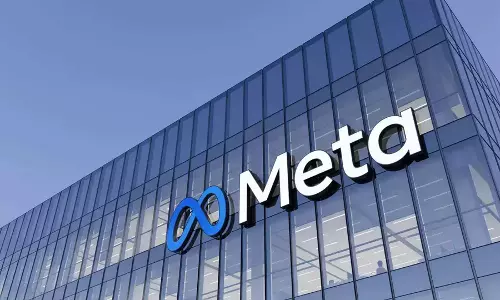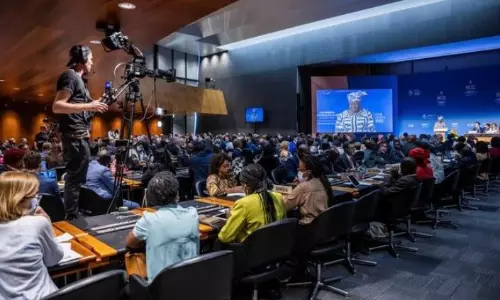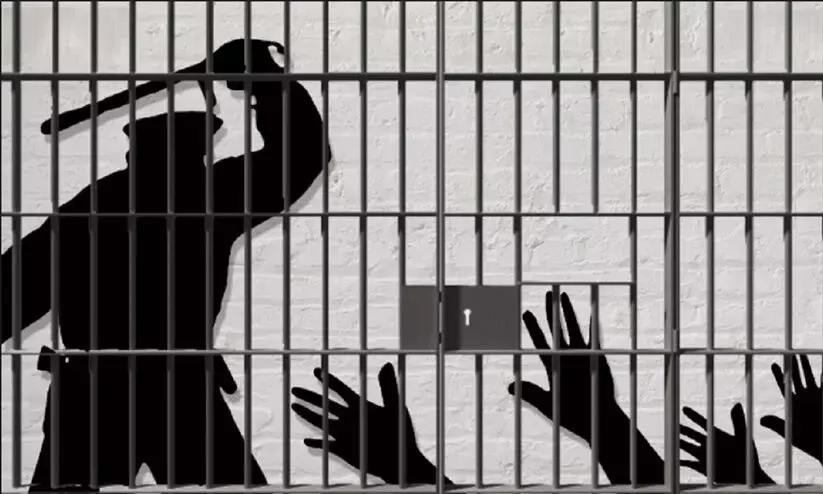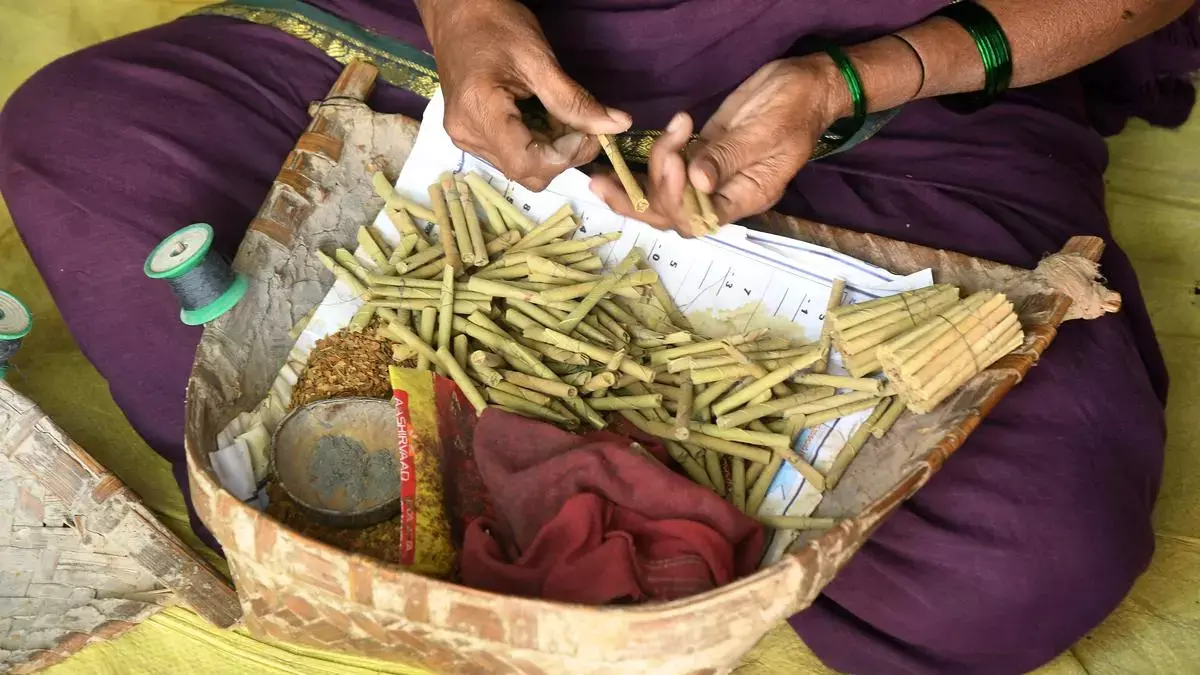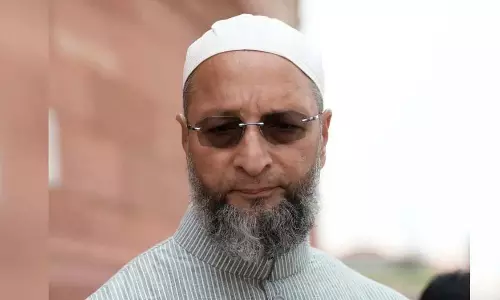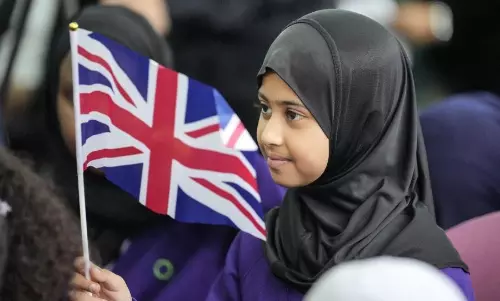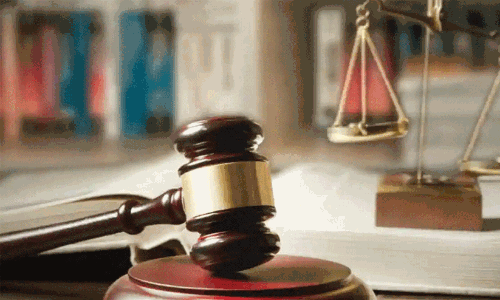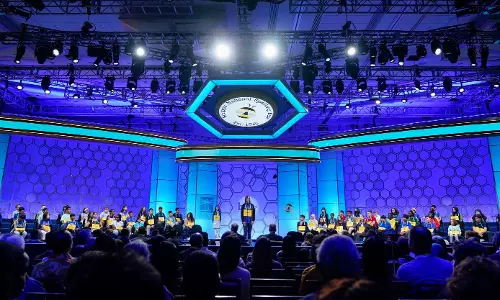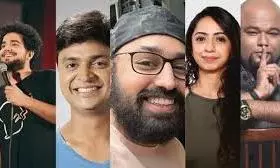
Control is fine, but...
text_fieldsThe Supreme Court on Monday expressed its displeasure over some comments made against people with disabilities on social media and directed that a mechanism be put in place to control mockery and insults against the weaker sections. The court directed stand-up comedians Vipul Goyal, Balraj Paramjeet Singh Ghai, Nishant Jagadish Tanwar, Sonali Thakkar, and presenter Samay Raina to issue an unconditional apology through social media platforms, including YouTube, for their derogatory remarks about the disabled. A bench of Justices Surya Kant and Joymalya Bagchi also indicated that failure to do so could result in a fine. The case is filed by the SMA Foundation, an NGO supporting those afflicted with the disease, alleging that the remarks made by the accused on their show, as if they were jokes, mocked Spinal Muscular Atrophy (SMA) patients and should be punished accordingly.
Also read: 'Secular agenda' accusation: influencer removes communal harmony reel
Expressing dissatisfaction over the incident, the court directed the government counsel to explore ways to control such content on social media and to discuss it with stakeholders. The court observed that freedom of expression does not apply to money-making programs that affect the marginalised and that it does not fall within the ambit of freedom. The bench also observed that social media content should not be at the expense of the dignity of the individual. It also asked Attorney General R. Venkataramani, who was present in the court, to prepare a draft guideline to control objectionable content on social media which affect children, women, the elderly, the differently-abled, etc.
Also read: Influencer's 'terrorism has no religion' comment triggers outrage
The Attorney General, who appeared for the central government, opined that the need is not to slap a blanket ban on artistic expressions, but to take an approach that protects both the dignity and equality of the individual and freedom of expression. Most people would oppose insulting and mocking the marginalised and weaker sections. But the current BJP-led central government and state governments have a long history of misusing laws and regulations regarding media and freedom of expression according to their interests. Many stand-up comedians have been put under the microscope of the law on cited grounds such as national interest, national security, and communal disaffection for their anti-government and anti-Sangh Parivar remarks during their performances. The country has not forgotten the actions, including arrests and bans, faced by Kunal Kamra, Anubhav Singh Bassi, and Munawwar Faruqui.
Also read: Bournvita takes legal action against an influencer over a video on ‘high sugar’
There is no two opinion about the need for protecting the vulnerable from attacks through visual and cyber media and punishing the guilty. In many of them, the possibility of charging people through interpretations is also rare. As pointed out by the counsel for the petitioners in the case cited above, the sections of the IT Act and the Cinematography Act clearly stipulate that media content should not target people with disabilities. However, the problem arises when the law is misused. Many of the current governments have shown alacrity when it comes to exploiting loopholes in the law to target those they do not like. Therefore, where freedoms are encroached upon, exceptions to freedom and the definition of crime should be determined with great care.
Also read: Payment gateways face Rs 30,000 Cr blow as Real-Money Gaming gets banned
For example, if criticism of women public figures is classified as misogynistic remarks and action taken on that ground, it will be difficult to escape the case. Long legal process itself often becomes a punishment. Similar is the case when artists who are not liked by the government are proceeded against and silenced by subjecting them to severe measures for trivial deviations. Therefore, restrictions on freedom of expression should be implemented with great care. If freedom, dignity, and equality of individuals cannot be protected in the policies and actions of the executive, as stated by Attorney General himself, it would be better to limit action to the existing laws themselves. It can be reasonably expected that the Supreme Court will consider all this in the final judgment of the case.




